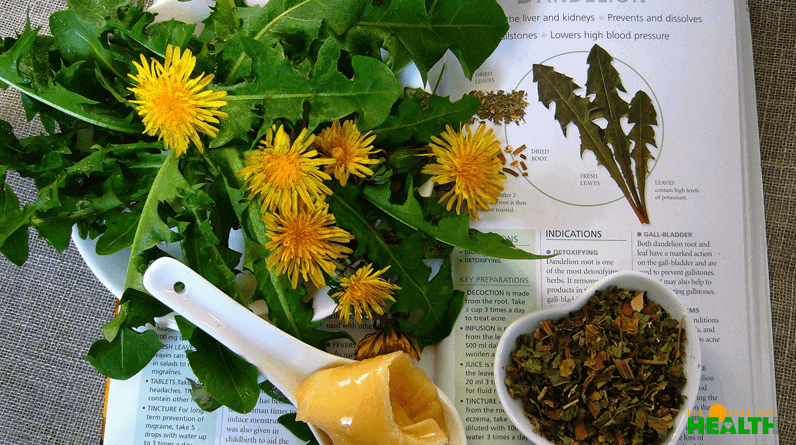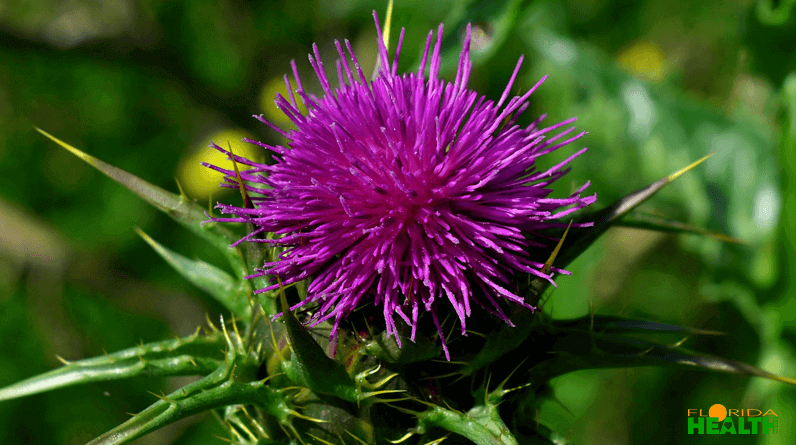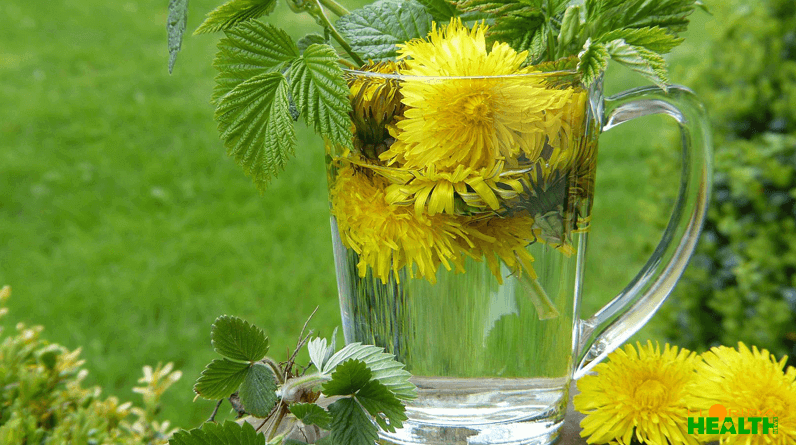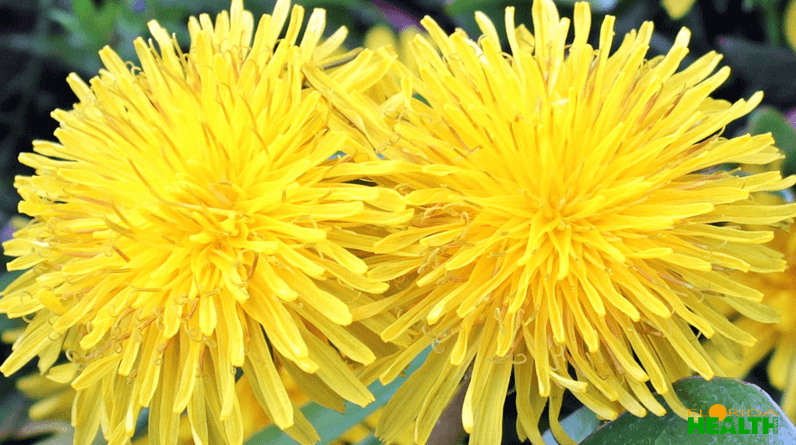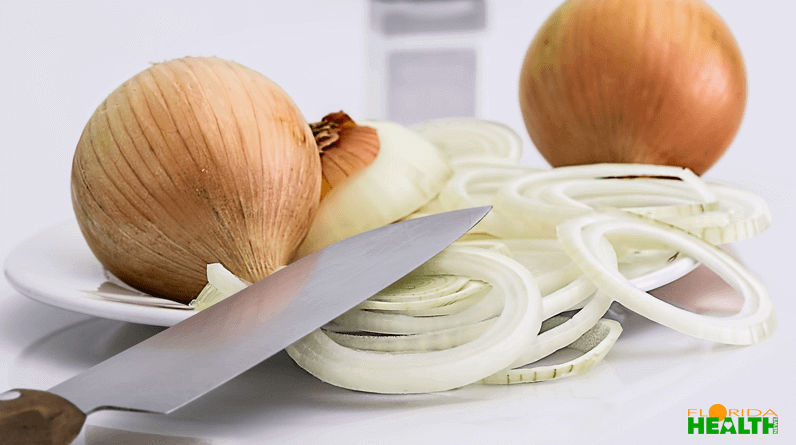
What Is Ginger?
Ginger is a root vegetable with a light yellow color. It tastes somewhat sharp and spicy. Ginger root is an excellent ingredient to enrich exotic vegetable dishes. Above the ground, a two-meter high ginger plant emerges which is mainly characterized by its beautiful red flower. The ginger flower does not look out of place in a bouquet.
Ginger is also used as a spice in many dishes and has a fairly strong but pleasant taste for lovers. Ginger is extracted from the rhizome of the ginger plant, Zingiber officinale, from the Ginger family. It is one of the most consumed spices in the world and has been on the menu in many countries for centuries. The main active ingredients in ginger are the pungent compounds gingerol and shogaol, but also gingerdiol, gingerdione, beta-carotene, capsaicin, coffee acid, and curcumin are present in significant quantities in ginger.
A Brief History of Ginger as a Medicinal Plant
Originally the ginger root comes from South-East Asia, but nowadays the ginger plant is cultivated in all tropical regions. There are as many as 50 different types of ginger, each with its own distinctive smell and taste. In Africa, the sharper varieties grown the ginger from China are much milder and are often used in the kitchen. The ancient Greeks and Romans already knew ginger. The Romans took ginger with them when they invaded England and the Spaniards took it back to America. Ginger has also been used in China and India for thousands of years because of its medicinal properties.
What Is Ginger Used For?
Traditionally, Ginger was mainly used for digestion. In case of cramps, bloated feeling and stomach complaints, it was a popular remedy. It was also added to other herbal mixtures to improve its absorption. In Chinese medicine, it is still used to warm the stomach and lungs and to supplement an energy deficiency.
Ginger can be used to prevent or reduce complaints in the following ailments:
- Arthritis
- Heartburn, peptic ulcer
- Hives
- Cough
- Headache
- High cholesterol
- Itch
- Toothache
- Stomach and intestinal disorders including irritable bowel syndrome, flatulence, bloating
- Menstrual problems
- Migraine
- Morning sickness
- Bursitis and tendinitis
- Flu and colds
- Flatulence and bubbling (burping)
Ginger Helps Ease Rheumatic Diseases
There are gingerols in the ginger root that have an anti-inflammatory effect. People with rheumatism benefit from this because the painful symptoms of rheumatism disappear after eating ginger regularly. Eating only a thin slice of ginger reduces rheumatic pain. If one eats more ginger, the medicinal effect is stronger. The phenol 6-gingerol is responsible for the medicinal properties against rheumatism.
Ginger Helps Ease Inflammation:
Ginger is the lower root tuber of a ginger plant and is widely used as a flavor enhancer or as a seasoning in various dishes. Ginger has a typical taste that is extremely strong and comes from the substance gingerol, the most active ingredient in ginger. This substance has an anti-inflammatory effect and can therefore be widely used in (chronic) inflammations, but also in other diseases and disorders.
Ginger tea
Fresh ginger is the healthiest, but eating ginger fresh and raw is a bit too spicy. Ginger is a true medicinal herb. To use it for that purpose it is best to make a ginger tea. You can make your own ginger tea by cutting or grating a reasonable amount of ginger into very small pieces and then put it in a teapot.
Then you just make black tea with a teabag. Another way is to put the ginger in your tea glass and stir it after a minute. All ginger then sinks to the bottom. Ginger tea can be very spicy; then you just have to add more water. The remaining ginger is not so sharp anymore and you could use it for a salad.
Using Ginger Against Motion Sickness
Scientific research has shown that ginger works very well against travel sickness. The ginger root works particularly well against seasickness. Avoid dizziness, nausea, vomiting, and cold sweating by taking ginger before travel. Worldwide, Dramamine is sold by the chemists for travel sickness, but double-blind research shows that ginger works better than this medicine.
Ginger Against Vomiting (Nausea)
Pregnant women are more likely to vomit. Ginger can be the right solution. Consuming anti-vomiting medication is strongly discouraged because almost all medication can be harmful to pregnant women and to their future baby. That is why eating ginger is an adequate solution.
Ginger May Help Prevent Colorectal Cancer
Bowel cancer can be prevented by eating ginger three times a week, according to scientific research. Professor Ann Bode of the University of Minnesota did a study in which mice were infected so that they got cancer. The mice that were given 6-gingerol did not develop cancer at all. According to the professor, this is an indication that ginger has a preventive effect against intestinal cancer and that it may even be a good medicine against intestinal cancer.
Ovarian Cancer
In addition to colorectal cancer, ginger also works well against ovarian cancer. Dr Rebecca Lui has done research on this. Gingerols, the active phytonutrients, are responsible for the anti-cancer effect. Cancer cells died after the cells were given an extract of ginger. According to Dr Liu, the cancer cells become resistant to chemotherapy, which is the most widely used so far against cancer.
Ginger as an Immune Booster
Ginger makes the body sweat faster. Sweating is healthy. German researchers saw that a substance is excreted through the skin that combats fungi and bacteria. This substance is called dermcidin. This substance is made naturally by the sweat glands. It works preventively against the E Coli bacteria and Staphylococcus aureus, which can cause many skin infections.
Soothing For Stomach and Intestines
Ginger is one of the best remedies against travel sickness, but also against common stomach and intestinal complaints. The chemicals responsible for the spicy, pungent taste of ginger are mainly gingerol and shogaol. These two substances reduce the contraction of the intestines, neutralize gastric acid, and inhibit the tendency to vomit. Ginger is also used to treat nausea after chemotherapy or surgery.
Ginger also stimulates the pancreas to produce different proteins. This stimulates the digestion more, such as by the contraction of the stomach. This causes the stomach contents to be transported to the intestines faster. So if you suffer from a bloated feeling, ginger can be beneficial in relieving this. Because ginger also reduces the movement of the intestines, flatulence can also be reduced.
Cholesterol-Lowering and Nutrient Uptake
Ginger is therefore mainly known as a remedy for nausea and stomach complaints, and there are many more advantages to using ginger. It protects and improves your body and helps with various processes in the body, such as blood sugar and cholesterol levels. People with (too) high cholesterol benefit from the use of ginger.
Ginger ensures that the body absorbs less cholesterol and helps to excrete cholesterol from the body. Ginger also ensures good absorption of nutrients. By adding ginger to your diet, your body can absorb nutrients much better. This also gives the body a feeling of satiation, which affects women who want to lose weight. They become more satiated by their own nutrients. In addition to these benefits and the effect against nausea, the use of ginger can also relieve other complaints.
Fighting Headaches and Migraines
If you regularly suffer from migraines or headaches, you can eat half a teaspoon of fresh ginger or ginger powder at the first signs. Ginger then blocks a group of hormones that activate inflammation and on dilation and narrowing of blood vessels, pain, and fever. These hormones are called prostaglandins.
Arthritis
The hormones that cause pain in migraines and headaches also cause swelling of the joints in people with rheumatism or osteoarthritis. However, this is not always due to wear and tear, it can also be caused by chronic inflammation of the joints. Ginger attenuates the symptoms by counteracting the inflammation and fighting the pain. If you regularly apply grated ginger root to the skin, this can provide additional pain relief. This is because a substance is extracted from the body, which carries pain stimuli via the spinal cord to the brain.
Flu and Colds
With flu and colds, there are often complaints such as coughing, shortness of breath and other complaints of the upper respiratory tract. This is often caused by blocked bronchial tubes. Ginger works very well for this because it blocks the production of substances that cause the clogging of the bronchi and cause a fever.
Menstrual Complaints
Ginger contains many active and chemical substances and some of these substances counteract menstrual cramps, reduce the painful contractions of the uterus and relax the muscles of the digestive system.
Ginger Comes In Many Forms
To prevent complaints, you can take ginger in different ways. You never have to use a lot of ginger. Where you have to use a lot with other medicinal herbs, this is not the case with ginger. All the active substances in ginger retain their strength when ginger is prepared. There are different ways to take ginger.
- Ginger capsules, three times a day 100 or 200 mg.
- A slice of ginger root of about one cm. When you grate ginger, more active substances are released than when slices or pieces are cut.
- One teaspoon of ginger powder.
- One or two pieces of candied ginger.
- A cup of ginger tea. You can make this tea by putting half a teaspoon of grated ginger root in a cup of hot water, or you can buy special ginger tea bags.
- A large glass of about 350 ml. of ginger beer. Always check that the beer contains real ginger and not that it is only ginger flavored beer.
Ginger Syrup
Ginger is available in syrup form. You can use it to make food sweeter. It is also nice to mix ginger syrup in a glass with water and drink it as lemonade. There are also ginger balls on syrup for sale. These taste a bit spicy and yet sweet. It is a good combination for those with daring taste buds.
Always buy fresh ginger and avoid ginger with spots or wrinkled skin. The ginger roots must be firm and not dehydrated. Offshoots on the tubers are no problem, only the taste is often a little less. Fresh ginger can be kept for about two to three weeks, but you should keep it in an open plastic bag in the vegetable drawer of your fridge. You can keep candied ginger and ginger powder for months.
When ginger is consumed for medicinal purposes one should take into account that only fresh ginger has been tested. Drinking fresh ginger tea and using ginger in rice, potato, and whole-grain pasta dishes is the best way to take ginger to you when it comes to healing power.
Further Reading and Research:
https://www.hi.umn.edu
https://www.hindustantimes.com

Carl Riedel is an esteemed online researcher and writer, specializing in the intersection of technology and wellness. As a member of the International Association of Therapists, Carl brings a unique perspective to his work, skillfully integrating insights from therapy and digital trends. His articles help readers navigate the complexities of the digital age with an emphasis on promoting mental and emotional well-being.


